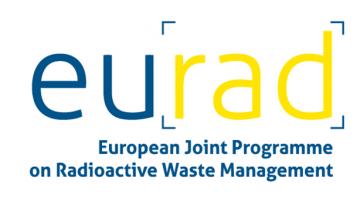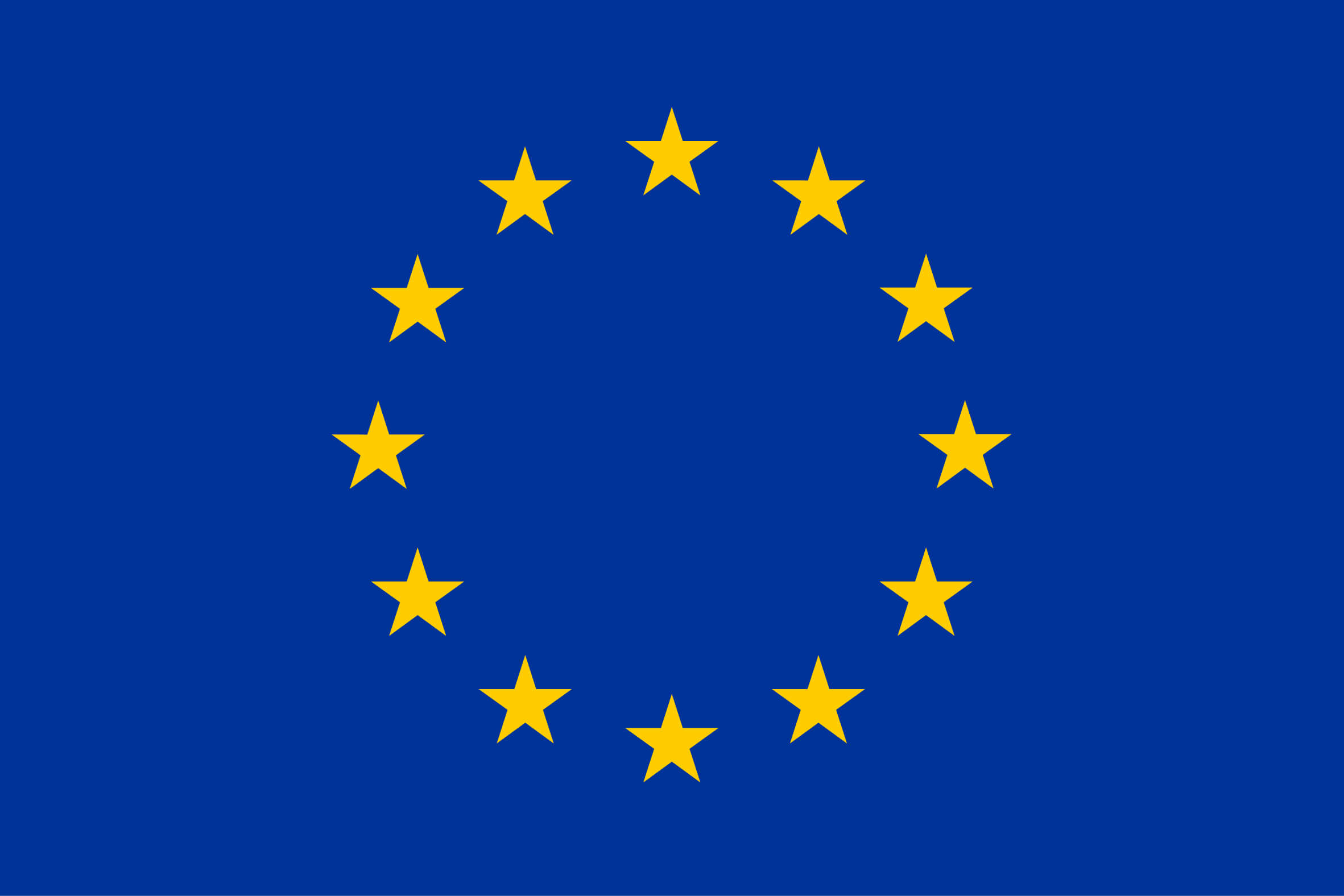EURAD – Knowledge Management
Knowledge management is a EURAD(-1) Work Package (WP).
Overview
Project Dates: 1 June 2019 – 30 May 2024
Project Status: Finished
Project Website: https://www.ejp-eurad.eu/implementation/knowledge-management
Beyond RD&D and Strategic Studies, EURAD included activities to consolidate efforts across Member-States on Knowledge Management – this included access to existing Knowledge (State-of-Knowledge), guiding the planning and implementation of a RD&D plan of national RWM programme, and developing/delivering training/mobility in line with core competencies.
Objective
Knowledge Management was enabled by three permanent WPs:
- State of knowledge: Activities under this WP consisted of developing a systematic approach of establishing the state-of-knowledge in the field of RWM research. This was done on a stepwise basis: i) establishing of procedures to document the state of knowledge (SoK); ii) testing and improving these procedures on a few demonstration topics/sub-topics (of the Roadmap); iii) performing a review on existing tools/platforms and evaluating the added-value of establishing such a platform dedicated to provide access to SoK developed in EURAD.
- Methodological guidance: Activities under this WP consisted of developing a comprehensive suite of instructional guidance documents that can be used by Member-States with RWM programmes that are at an early stage of development with respect to their national RWM programme. Such WP pursued and complemented the work initiated with the PLANDIS Guide.
- Training/mobility: Activities under this WP consisted of developing a diverse portfolio of tailored basic and specialised training courses under the umbrella of a “School of Radioactive Waste Management”, taking stock of and building upon already existing initiatives (i.e. IAEA and NEA) and creating new initiatives to bridge the identified gaps. The end-users are defined as professionals and potential new professionals at graduated and post-graduated level from EU and non-EU countries (via the IAEA and NEA programmes), and in particular the next generation of experts. This WP also organised a mobility programme to provide access to dedicated infrastructures associated with the Mandated Actors/Linked Third Parties within EURAD. This work was carried out in close interaction with European networks having a recognised experience in training/mobility in the field of RWM.
Closing words from WP Leader
State of knowledge
WP11 was successfully completed, and all deliverables have been finalised. Despite initial setbacks faced by the KM WPs (and implicitly WP11), significant progress was made. By the end of the project, a substantial number of KM documents has been produced, which were well received by the RWM community. Having developed the necessary methodologies for efficiently capturing the SoK and collecting feedback, WP11 has set a solid foundation. As the number of KM documents continued to increase, the interaction with the EURAD community, end-users, and stakeholders has evolved positively. Our work has been disseminated at various international conferences and has generated recognition from well-established organisations such as the IAEA and NEA, with whom we have established strategic collaborations. Moreover, after the final months of the project, we are now pleased to announce the successful development and testing of a EURAD KM portal.
We are deeply grateful to all EURAD members who have contributed to KM. Whether it was writing and reviewing KM documents, identifying experts, providing feedback, participating in KM sessions or simply offering their support – their work and dedication have been extremely important.
Methodological guidance
The new methodology of preparing guidance documents through end-users’ participation brings several positive results. The close end-user interaction enables quick reaction of the authoring team to adapt the guidance and to find and define a common language.
The networking of the people in RMS preparatory workshops is another valuable asset coming from this methodology.
Training/mobility
Work in WP13 went really well and resulted in a great portfolio of training courses and a very successful Mobility Programme. All deliverables have been submitted in time. The D13.13 describes the main outcomes of WP13 achievements as well as evaluations of the trainings and mobility programme. Thanks to the very close interactions with the other EURAD KM WPs and close collaboration with the PREDIS training and mobility WP, WP13 was able to perform very well up until the end of EURAD.
The School of RWM acts as the executive body for all training and mobility actions that are organized within EURAD. The end-users of the School of RWM are defined as professionals and potential new professionals at graduated and post-graduated levels from EU and non-EU countries (via the IAEA and NEA programmes), and in particular the next generation of experts. All the work described here will be carried out in a close interaction with the European networks having a recognized experience in training/mobility in the field of RWM.



